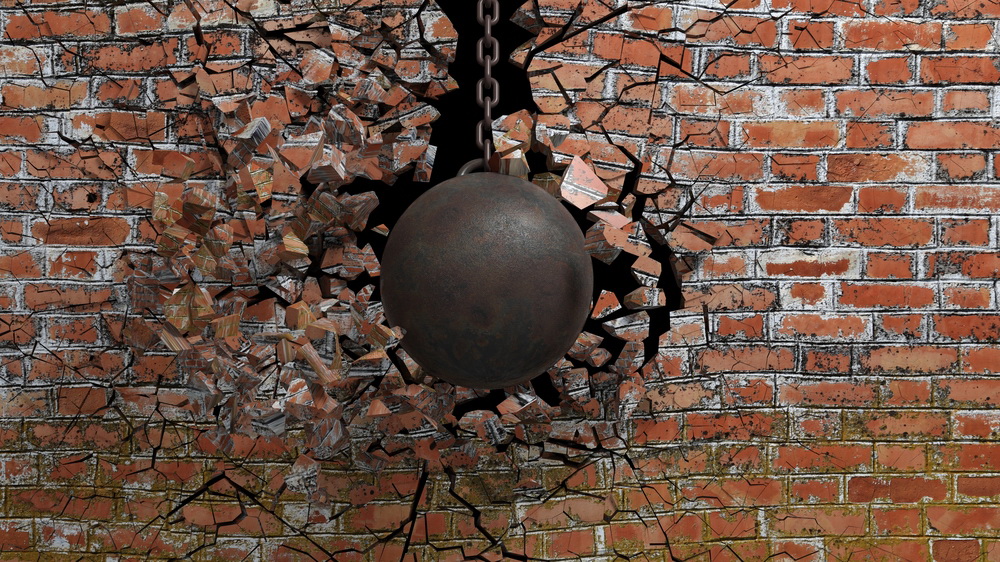Following from our recent post regarding the need for compliance with Irish Building Regulations in all your home renovation projects, we have several queries about “what if I’m just DIYing the project?”
Sorry to disappoint, however, there are no exceptions (there are some exemptions – post to follow). Even DIY work must be up to the building code, which is why we at Summit Matters always recommend you at the very least, use a professional construction project manager.
Failure to comply with Irish Building Regulations during a home renovation can lead to several significant penalties. These penalties are in place to ensure that all building work meets the required safety, health, and environmental standards. The consequences of non-compliance include legal, financial, and practical implications, which can seriously impact both the homeowner and the contractors involved in the project.
Here are the main penalties for non-compliance:
1. Fines
The most immediate consequence for failing to meet the Building Regulations is financial. Under the Building Control Act 1990, penalties for non-compliance include:
- Fines up to €5,000 for each offense.
- In the case of continued non-compliance, an additional fine of €500 per day can be imposed for each day the offense continues after a conviction.
These fines can quickly add up, particularly if the issue remains unresolved over an extended period.
2. Legal Action
Local authorities have the power to pursue legal action against property owners or builders who fail to comply with building regulations. This can result in the following legal consequences:
- Prosecution: Local authorities can take you to court if the renovation work fails to meet the regulations. If convicted, penalties can include the aforementioned fines and, in extreme cases, a prison sentence of up to 6 months.
- Injunctions: The local authority can also seek a court injunction to stop ongoing work or require corrective work to be carried out on non-compliant buildings.
3. Rectification Orders
Even if you avoid fines or legal action, you may be forced to rectify the work that does not meet the building regulations. Local authorities can issue an enforcement notice requiring you to bring the work into compliance within a set period.
This could mean:
- Tearing down parts of the renovation that don’t comply with the regulations.
- Redoing the work to meet the required standards, which could significantly increase your costs.
4. Difficulty Selling or Insuring the Property
Non-compliance can make it difficult, if not impossible, to sell your home in the future. Potential buyers will typically require a certificate of compliance to confirm that the home meets Irish Building Regulations. Without this certificate, you may not be able to transfer ownership or may face significant delays and reductions in the sale price.
Additionally, if the renovation work is non-compliant:
- Insurance companies may refuse coverage: Insurers may decline to provide building or home insurance if the property does not meet current building regulations.
- Mortgage approval may be denied: Lenders often require proof of compliance before approving a mortgage on a property, which could hinder potential buyers from securing financing.
5. Increased Liability in the Event of an Accident
If the renovation work does not comply with safety regulations, and an accident occurs, you could be held liable for any damages or injuries that result. Non-compliance with fire safety, structural integrity, or electrical standards increases the risk of accidents and legal claims. If found responsible for unsafe work, you may face significant legal and financial liability.
6. Loss of Certification and Reputation for Contractors
For builders and contractors, non-compliance with the building regulations can result in serious professional consequences. They may lose their certification or registration, face legal action, or suffer reputational damage, which could impact their future business.
How to Avoid Penalties
- Hire Qualified Professionals: Always work with certified architects, engineers, or builders who understand the Building Regulations and can ensure compliance.
- Consult with Local Authorities: If in doubt, check with your local planning office or building control authority to ensure the work you’re planning is compliant.
- Submit a Commencement Notice: For certain types of work, you must notify your local authority by submitting a commencement notice before beginning construction, ensuring they are aware of and can inspect the work.
- Obtain a Certificate of Compliance: After the work is completed, ensure you obtain a certificate that confirms the renovation meets Irish Building Regulations.
By understanding the risks and taking the necessary steps to comply, you can avoid these costly and potentially severe penalties while ensuring that your home renovation is safe, legally sound, and future-proof.
Featured photo credit: george tsartsianidis Stock photo ID:1030319742
Upload date:September 05, 2018
Location:Greece

